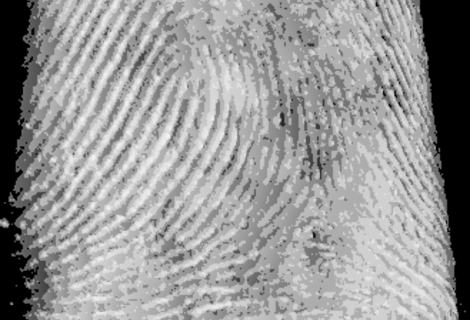Rethinking Subversion, a response to Sixty Minute’s Kroft on behalf of Julian Assange
What Julian Assange COULD have said to 60 Minutes’ host Steve Kroft’s question: “Are you a subversive?”
Assange: Am I a subversive? Not at all; in fact, you can say that I’m a superversive. Do you know where the word “subversive” comes from? It’s from the Latin sub + vertio. Sub means “underneath” or “below”, and vertio means both “to turn around” and “to understand and upset”. Hence the meaning is usually given as “to overthrow” or “destroy”.
The key to subversion is that it is carried out underneath, in secret, below the radar. The real subversion is the act of keeping important truths hidden. By hiding important information concerning corrupt practices, corporations, governments, and individuals cannot be held accountable for their actions. In this sense, it is precisely the corrupt practices of such entities that can rightfully be called subversive, because they turn around, rout, and overthrow the public’s ability to respond to their behavior. Keeping corrupt practices secret subverts our consciousness by putting forth a façade that is not commensurate with the actual behavior. This is the tactic almost universally employed by corrupt organizations, governments, and individuals: to maintain a public face that keeps under (sub) the information that would upset our understanding (vertere) were it to become public knowledge.
The current actions of the government of Egypt is subversive in its attempts to silence the flow of information by shutting down the internet and cell communications. The government of North Korea has for decades been subverting its entire populace by claiming that “all is well” as people remain without adequate food or are sent to die in work camps. And yes, the U.S. government is acting subversively when it keeps important information about, for example, the vastly under-reported civilian death toll in Iraq secret.
My job, Mr. Kroft, is not to subvert, but to supervert: to bring above ground information that can help “turn around” the duplicitous actions of corrupt organizations, governments, and individuals. It is only by bringing such information to light in a responsible but public manner that the people can begin to respond to corrupt behaviors in ways that are appropriate. We, the people, have this right, but it is subverted by secrecy, keeping legitimate recourse, redress, and justice off of the table and out of consciousness. This is, indeed, the very purpose of subversion: to establish and maintain power by secretive means, and this is what I and WikiLeaks vehemently oppose in concert with the intentions of the First Amendment of the United States Constitution. This amendment, granting the right of free speech, the free practice of any religion, the freedom of the press, the freedom to publicly assemble, and the freedom to petition the government for redress of grievances was so important as to be the first amendment to the Constitution.
Now don’t interrupt me, Mr. Kroft, because what I am trying to communicate to you speaks to the heart of much of the worlds current crises, and is vitally important to understand if we are to change the patterns that get us into these messes in the first place. By publishing select information that reveals corruption and subversive practices, WikiLeaks is countering such behaviors in the most direct way, by taking away their veil of secrecy, by revealing their façade, and by placing the information in the hands of the world’s public. Accountability cannot be achieved without the availability of information related to questionable practices; without it, such truly subversive practices succeed in diverting attention away from potential wrongdoing in order to maintain current power relations. The continued success of this kind of behavior is self-reinforcing, and easily leads to further corruption. Colloquially this is a case of one lie leading to another until the lies spin out of control, leading the one who lies into a situation where the only option seems to be to continue lying in order to maintain the “truth” of the original lie. This is why the usual response to the release of this kind of information is to subvert it by making false claims, ad hominem attacks, or the most effective technique, the utilization of fear to give an impression that one’s secretive actions are justified, never mind the details.
The most powerful way to break the loop of corruption is to make it explicit; this is the first step only, but an essential step that cannot be skipped. We cannot trust that the organizations, individuals, and governments that carry out corrupt actions will be self-policing: the incentive to be effective in this regard is simply too small given the reinforcing positive feedback loop operative in corrupt activity. What is needed is incentive from outside, ultimately from informed, civically engaged populations around the world.
To answer your question another way, Mr. Kroft, if I am a subversive, it is only in relation to subversives: I want to subvert the subversives!




Planning on forwarding this to Assange? I would.
Sure, you have his email address? :-)
Is it a bird, is it a plane? No, it’s SUPERvert MAN!